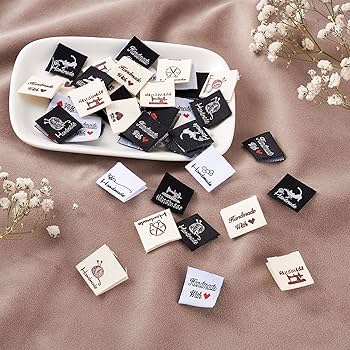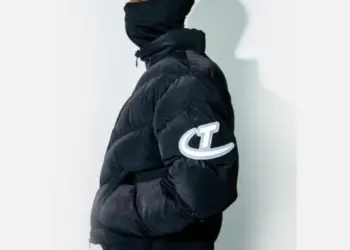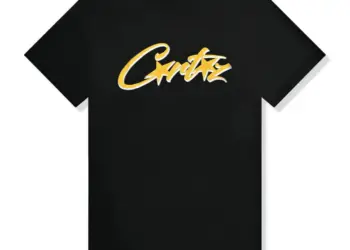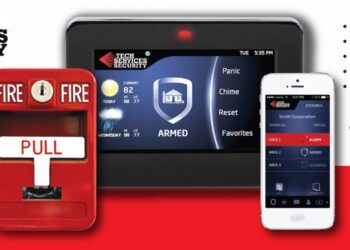Custom Labels for Clothing: The Art of Identity and Professional Finishing
In the world of fashion and apparel, every detail counts. From the choice of fabric to the final stitch, every element contributes to a garment’s identity and quality. Among these subtle yet powerful details, custom labels for clothing and sewing labels play a vital role. They are more than just tags; they represent a brand’s story, ensure customer trust, and provide essential care information. Whether you’re a fashion designer, a home-based tailor, or a large apparel manufacturer, investing in custom labels is a simple but impactful way to elevate your products.
What Are Custom Labels for Clothing?
Custom clothing labels are small fabric or printed tags attached to garments that display key information about the brand, size, material, or care instructions. They can be woven, printed, embroidered, or even heat-transferred. Unlike standard generic tags, custom labels are designed specifically to reflect your brand’s identity. They often feature logos, brand colors, or unique typography that make your clothing line instantly recognizable.
These labels are usually attached inside the collar, waistband, or along side seams — areas that don’t interfere with comfort or style but are easily noticeable when needed. Beyond aesthetics, labels help customers identify your garments and remember your brand, turning every item into a subtle marketing tool.
The Importance of Sewing Labels
Sewing labels are the practical and creative bridge between craftsmanship and branding. They can be sewn directly onto clothing, accessories, or handmade items to authenticate your work and give it a professional finish. These labels are especially popular among independent designers, small businesses, and hobbyists who want their creations to carry a personal or professional mark.
For example, a handmade baby blanket with a small “Made by Nana” label sewn on instantly feels more special. Similarly, a boutique fashion brand can create a lasting impression by adding a neatly sewn woven label that says “Handcrafted with Care” or “Designed in Paris.” The small detail adds value, trust, and emotional connection to every piece.
Types of Custom Clothing Labels
When it comes to choosing labels, one size does not fit all. Different materials and production methods create distinct looks and feels. Here are the most common types:
- Woven Labels
These are made by weaving threads together to create the text and logo. Woven labels are durable, long-lasting, and have a premium appearance. They are ideal for high-end clothing and professional brands. - Printed Labels
Printed labels are created by printing ink onto fabric, typically satin or cotton. They allow for detailed designs and vibrant colors, but they may fade faster with washing compared to woven ones. These are great for casual wear or budget-friendly production. - Embroidered Labels
Embroidered labels feature stitched designs, giving a textured, handcrafted look. They’re popular in handmade crafts, denim wear, and outerwear. - Heat Transfer Labels
Instead of sewing, these labels are applied using heat and pressure. They are smooth to the touch and don’t cause irritation, making them perfect for activewear or baby clothing. - Leather or Faux Leather Labels
Leather labels are often used on denim, jackets, and bags to convey a rugged or luxury feel. They can be embossed or printed with logos and brand names.
Each type offers a different way to communicate your brand’s personality and purpose. Choosing the right one depends on your target market, clothing type, and desired aesthetic.
Why Custom Labels Matter for Your Brand
- Branding and Recognition
A custom label makes your brand stand out. Even a simple logo on a woven tag helps customers remember where they bought the garment. Over time, it becomes a symbol of quality and trust. - Professional Presentation
Adding labels shows professionalism. It communicates that you care about the details, which builds credibility and increases the perceived value of your clothing. - Legal and Practical Information
Labels are also required for certain information like fabric content, care instructions, and country of origin. Customizing these labels allows you to comply with regulations while maintaining your brand’s visual consistency. - Customer Loyalty
A well-designed label helps foster emotional connection. Customers who love your brand’s presentation are more likely to return or recommend it to others. - Authenticity and Protection Against Imitation
Labels help protect your designs from counterfeiting. A unique, custom label with your logo or brand mark acts as proof of authenticity.
Design Tips for Effective Clothing Labels
Designing a label may seem simple, but it requires thoughtful planning. Here are a few tips to make yours stand out:
- Keep it simple: A clean, readable design always works best. Avoid cluttered text or overly complex fonts.
- Use quality materials: Durable labels reflect a commitment to quality.
- Match your brand’s aesthetic: For luxury clothing, go for woven or leather labels; for casual or eco-friendly lines, cotton or printed tags are ideal.
- Consider placement: The location of your label should complement the garment without causing discomfort.
- Add a story element: Phrases like “Handcrafted with love” or “Designed in Bangladesh” give your label personality.
Where to Use Sewing Labels
Sewing labels are versatile and can be used in various types of products beyond clothing, such as:
- Bags and backpacks
- Hats and scarves
- Home textiles like towels or cushions
- Handmade crafts and gifts
- Children’s wear and baby products
They’re especially effective for small-scale designers or Etsy sellers looking to give their products a professional, cohesive touch.
Conclusion
Custom clothing and sewing labels might be small in size, but their impact is enormous. They tell your story, represent your craftsmanship, and help customers remember your brand. In a competitive fashion market, these labels are your signature — a mark of authenticity, care, and creativity. Whether you choose woven, printed, or leather, your custom label speaks for you long after the garment leaves your hands.
Investing in well-designed sewing labels is not just about branding — it’s about creating an identity that stays stitched in the hearts of your customers.









